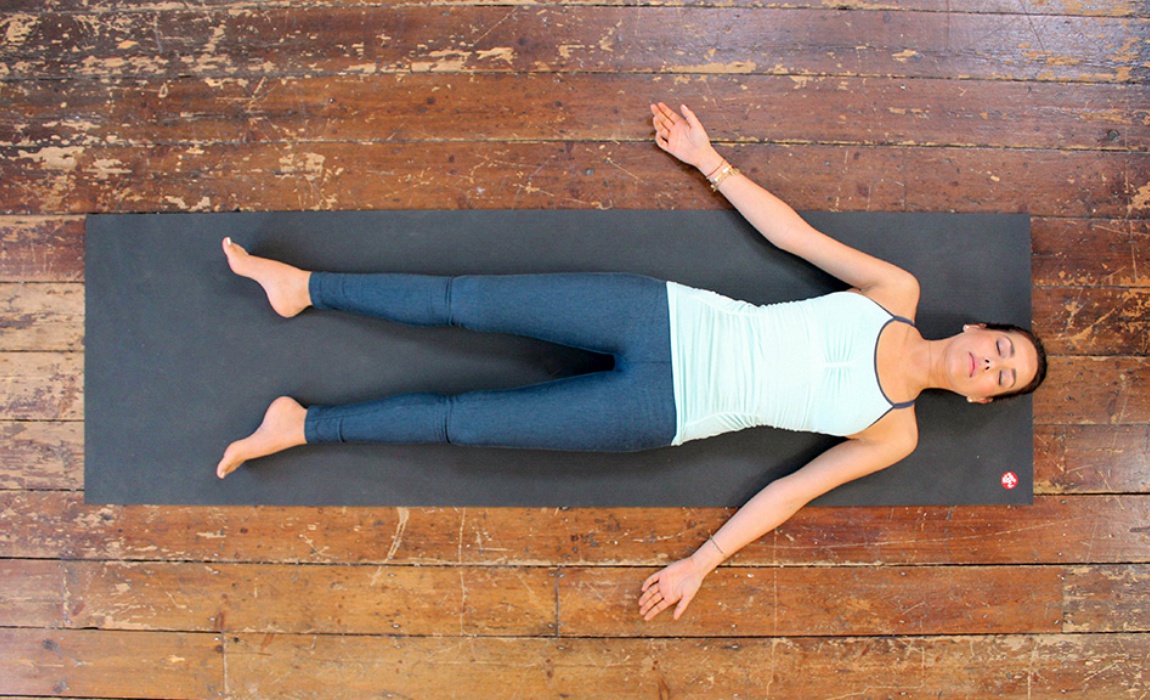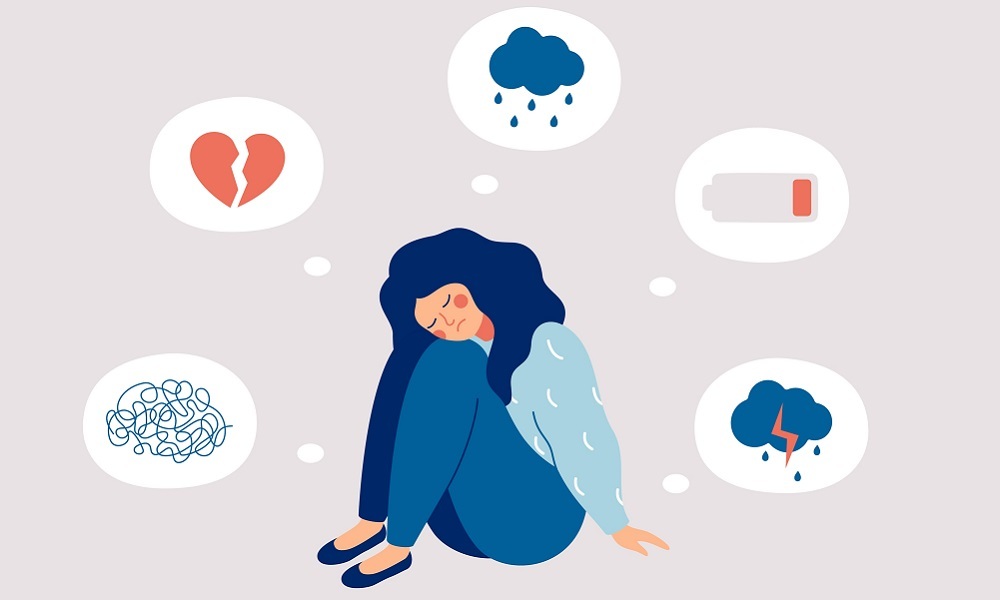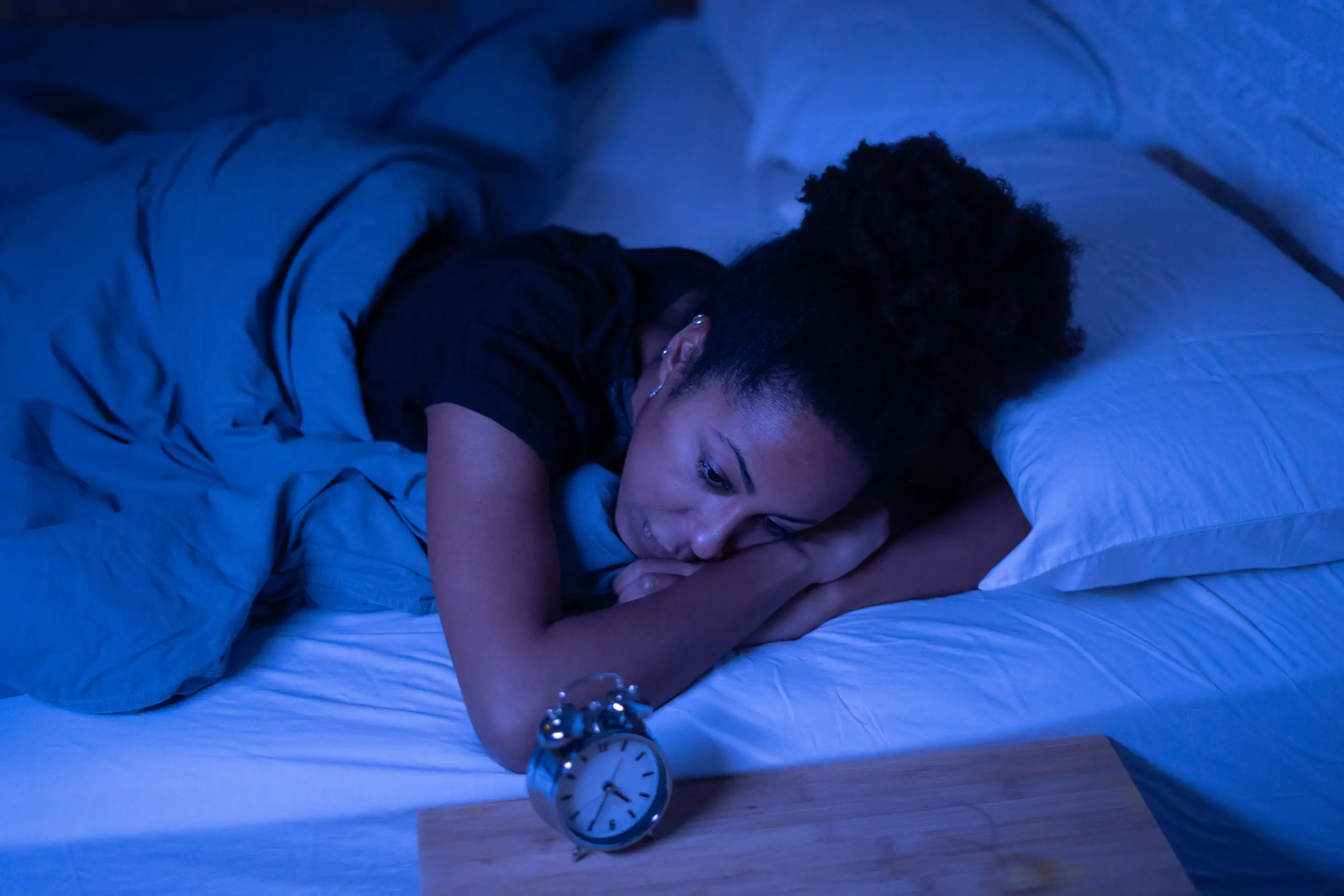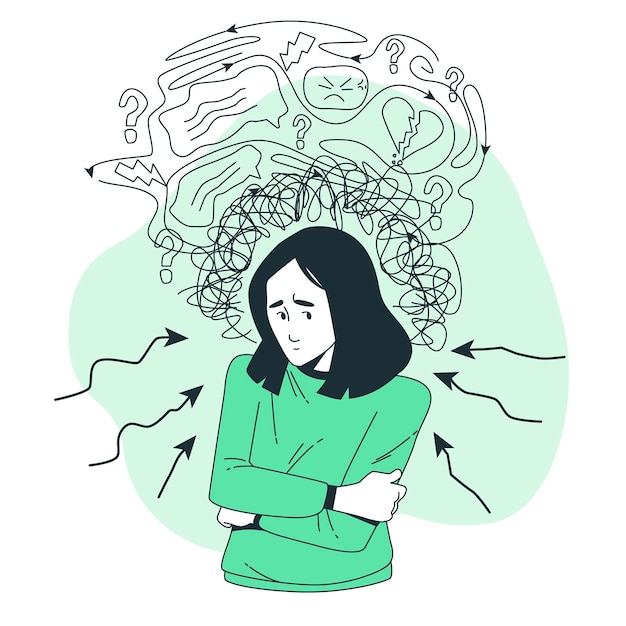Mental health, Psychological issues, Trauma, Anxiety, Depression, Anger management, Therapy, Behavioral changes, Psychosis, Eating disorders, Stress, Phobias.
Root Cause of Disease
Mental illness can be triggered by multiple factors. Complex interactions between mind, body and environment result in psychological disorders. Some of the factors are long term acute stress, biological factors, drug abuse and overdose, cognitive behavior like constant negative thoughts, low energy, etc. social problems like financial problems, breakdowns, isolation, etc.
Symptoms
Symptoms of mental illness can vary, depending on the disorder, circumstances and other factors. Mental illness symptoms can affect emotions, thoughts and behaviors.
- Feeling sad or guilty or worthless
- Difficulty concentrating
- Excessive fears and worries
- Extreme mood changes
- Low energy or significant tiredness
- Eating disorders
- Persistent negative thoughts like being suicidal
- Detachment from reality- feeling disconnected
- Increased sensitivity
- Sleeping issues
Causes
Most psychological illnesses don’t have a single cause. Instead they have a variety of causes, called risk factors.The more risk factors you have, the more likely you are to develop a mental health condition.Sometimes mental illness develops gradually. Other times, it doesn’t appear until a stressful event triggers it.
Some of the risk factors are:
- Stressful events: losing loved one’s and living in stressful environment causes a lot of issues
- Childhood trauma: Even if you’re no longer in a stressful environment, things that happened to you as a child can have an impact later in life like complex PTSD disorder.
- Negative thoughts: Constantly putting yourself down or expecting the worst can get you stuck in a cycle of depression or anxiety.
- Unhealthy habits: like eating and sleeping disorders.
- Substance addiction: including drugs and alcohol can be bad for your mental health. It can also make it harder to recover from mental illness.
- Brain chemistry: Mental illness often involves an imbalance of hormones in your body like serotonin.
Home Remedies to treat Psychological Issues
Remedy – 1: Meditation

Meditation can give you a sense of calm, peace and balance that can benefit both your emotional well-being and your overall health. You can also use it to relax and cope with stress by refocusing your attention on something calming. Meditation can help you learn to stay centered and keep inner peace.
Here are some ways you can practice meditation:
- Breathe deeply:Focus all your attention on your breathing. Concentrate on feeling and listening as you inhale and exhale through your nostrils. Breathe deeply and slowly. When your attention wanders, gently return your focus to your breathing.
- Scan your body. When using this technique, focus attention on different parts of your body. Become aware of your body’s various sensations, whether that’s pain, tension, warmth or relaxation.
- Walk and meditate. Combining a walk with meditation is an efficient and healthy way to relax. You can use this technique anywhere you’re walking, such as in a tranquil forest, on a city sidewalk or at the mall.
Experiment, types of meditation and choose what works best for you. Adapt meditation to your needs at the moment.
Remedy – 2: Yoga
With its emphasis on breathing practices and meditation yoga also brings mental benefits, such as reduced anxiety and depression and makes your brain work better.
Here are some beginner friendly asanas:
Uttanasana or standing forward bend pose:

This is an intense forward stretch pose that works on the muscles of the entire back, improving strength and flexibility. The uttanasana improves oxygen-rich blood flow to the brain as the head is positioned below the heart in this pose. Regular practice of uttanasana relieves anxiety and stress and helps calm the mind.
Viparita karani or legs up the wall pose:

This is a simple but effective anxiety-alleviating yoga that helps relax and calm the mind and stimulates the nervous system. Viparita karani also regulates blood flow and treats depression and insomnia.
Lie flat on your back with your butt positioned as close to the wall as possible; you can use a cushion to support your back. Inhale slowly and deeply. Walk your feet up the wall and rest them straight against it. Tilt toes towards your body and feel the pressure on your hamstrings. Keep hands stretched on either side of your body. Hold this position for at least five minutes as you focus on breathing slowly and deeply.
Shavasana or the corpse pose:

This pose is used at the end of yoga routines and is excellent for meditation, boosting mental health, and relaxing the body. Lie flat on your back keeping the body straight and hands at the sides with palms facing upwards. Close your eyes and hold position for at least five minutes. Consider counting your breaths as you meditate.
Remedy – 3: Prioritizing sleep
There’s a close relationship between sleep and mental health. Living with a mental health problem can affect how well you sleep, and poor sleep can have a negative impact on your mental health.
- Establish sleep schedule: You could try going to bed and waking up at around the same time every day. Or it might help to go to bed only once you feel ready to sleep, but still get up around the same time.
- Limiting screen time: Using screens in the evening, including on tablets and mobile phones, can negatively affect your sleep.
- avoiding screens an hour or two before bed
- using a blue light filter, night mode or dark mode
Remedy -4: Calming herbal teas

Many types of herbal tea have been used as natural sleep remedies for centuries, thanks to their ability to fight insomnia, stress, and anxiety. Chamomile tea is most widely used for sleeping issues
Materials:
- 2 cups Water
- 3 teaspoons Dried Chamomile
- Honey , to taste (optional)
Procedure:
- To begin making Chamomile tea Recipe, take a saucepan and start heating water on a high heat.
- Once the water starts boiling, switch off heat and add the chamomile flowers.
- Keep it covered for a minute.
- Strain the chamomile tea into the tea cups.
- Add honey to taste (only as a sweetener, you can completely skip it), give it a swirl and serve.
Product link: Chamomile tea, Honey
Remedy – 4: Talk to a friend
Being able to open up and share something you’ve been keeping to yourself for a long time can feel like a weight has been lifted. You may feel more comfortable opening up to friends or family than professionals such as doctors. There’s no right or wrong way round. But the people closest to us can often be a valuable source of support.
- Find a method of communication, that feels right for you. This might be a face-to-face conversation, or you might find it easier to talk on the phone or write down how you feel in a letter.
- Be honest throughout: When discussing something as personal as a mental health challenge, you might be tempted to leave some details out or make alterations, but don’t. Explaining your feelings exactly as they are will not only help the listener understand you but will also help ease your mind.




